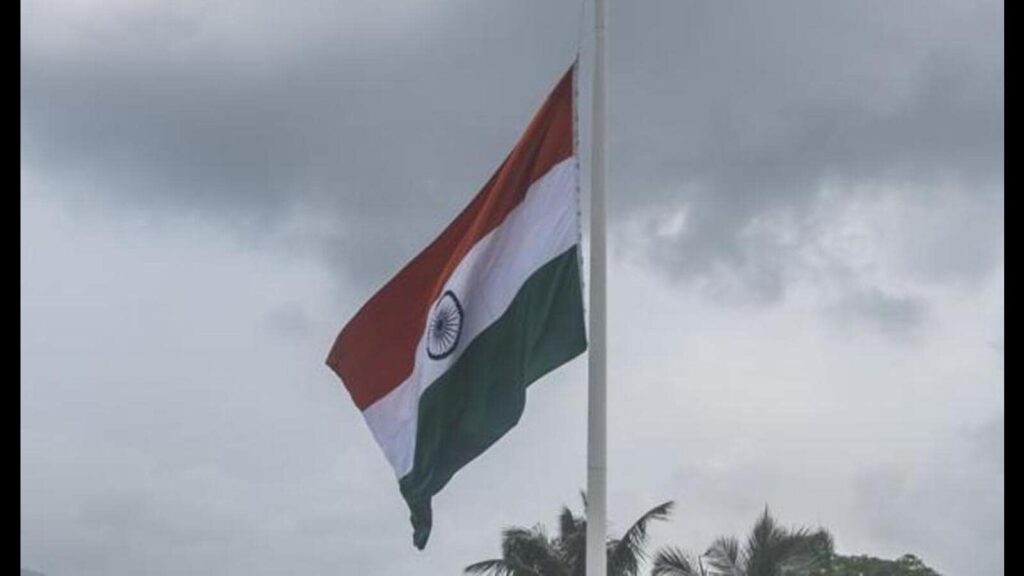Prime Minister (PM) Narendra Modi’s visits to Telangana and Tamil Nadu over the weekend sparked a controversy over protocol politics, after Telangana chief minister (CM) K Chandrasekhar Rao didn’t receive the PM at the airport and skipped an event to inaugurate development projects, the second time in a year that he has done so. Bharatiya Janata Party (BJP) leaders sought to draw a contrast between Mr Rao’s decision and Tamil Nadu CM MK Stalin, who was at the Chennai airport to receive Mr Modi and accompanied him to scheduled events. While the exigencies of electoral politics were one driver — Telangana’s high-stakes elections are scheduled later this year while Tamil Nadu’s polls are three years away — the controversy is yet another reminder of India’s stressed federal fabric, which is fraying along the policy, economic and political lines, and transforming Centre-State equations in its wake.
On the policy front, the Centre’s flagship welfare programmes — which the BJP has used effectively in generating electoral advantage and nurturing a constituency of labharthis — are tightly controlled by the Union and often sit in the state’s or concurrent domain (such as health). This sparks tensions in the economic realm because some states are unhappy that they don’t possess the economic firepower to run their welfare schemes to compete with the political appeal of the central programmes, and believe that the Union government is unfairly robbing them of revenue by classifying a chunk of its taxes as cesses and surcharges, thus keeping them out of the divisible federal pool. The consequence is anxiety at the political level, where the BJP often projects PM Modi as its campaigner-in-chief during state elections, and uses his record on welfare, economic and infrastructure development to generate goodwill for the party. In this atmosphere of distrust, some leading Opposition parties controlling major states — such as West Bengal or Telangana — see attacking the PM as a political rival as fair game, pushing India’s federal framework into uncharted territory.
Federal structures are forever evolving. In the first phase, a hegemonic Congress was the dominant force at the Centre, which was far more powerful than states. In the coalition era, the balance of power shifted as regional parties often held the key to coalition success at the Centre. A third phase was marked by the rise of the BJP, which meant that the Centre again gained strength, but with the simultaneous assertion of some states of their independent identity. This has created new strains for the federal framework, which need accommodation from both sides for the smooth running of a diverse democracy.

